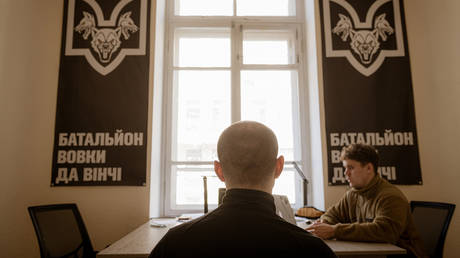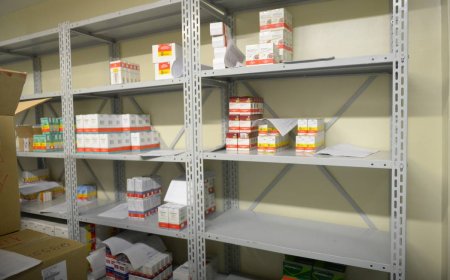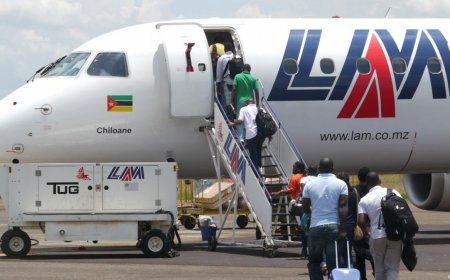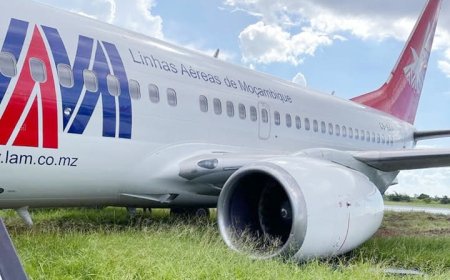Public Primary schools without water and electricity for over a year: "We rely on the neighbours' goodwill for water"
Primary schools, the starting point for academic life, are increasingly submerged in a series of problems that compromise the teaching and learning process, besides jeopardising the promise of quality education. The lack of basic services such as water and electricity is merely the tip of the iceberg in a system already struggling with a shortage of teachers, a lack of school books, and a high student-to-desk ratio.
In the city of Maputo, the capital of Mozambique, TORRE.News has found primary schools that have been operating without water and electricity for over a year. The supply of these essential services was cut off due to non-payment, a situation exacerbated by the government's alleged financial incapacity.
A headmistress, who preferred to remain anonymous, described the situation with resignation: "Here, we survive by the grace of God; I have no better explanation for this situation." The school she heads, located in the city centre, relies on the goodwill of neighbours, a building of a consular mission, to obtain water for the bathrooms. However, there is no water available for the students to drink. "Sometimes, it breaks my heart to see children crying, going back and forth in search of water, and I, as the headmistress, cannot do anything to provide something as basic as that," she lamented, visibly moved.
The lack of electricity is another significant challenge. During the cold period, classrooms are filled with fog, making visibility difficult and exposing students to intense cold, as the windows are broken. "If we had electricity, at least the lights would help warm the classrooms a bit," commented the headmistress.
In response to the lack of electricity, teachers and school administrators have been financing the purchase of CredElectric, with daily contributions of 200 meticais, to ensure a minimum of operation until shortly after noon. "We are funding the school. It's somewhat ironic, but we have no other choice," admitted the headmistress, showing a pile of electricity purchase receipts as proof of their ongoing effort.
The 25th of September Primary School, also in Maputo, reflects the government's neglect in investing in the education sector. With around 824 students, the school has been facing a water supply crisis for several weeks due to unpaid debts. Carla Sambo, the school's headmistress, lamented the difficulty of managing the situation and the measures adopted, such as sensitising children to use the taps "only when necessary."
"The headache is simply unavoidable," said Sambo, who is considering removing the taps to prevent children from getting frustrated looking for water that is not available. The concern grows as the water in the reservoirs runs out, putting the hygiene and health of the students at risk.
As the situation in primary schools deteriorates, organisations such as the Movement for Education for All (MEP) present potentially viable solutions to combat school dropout and improve education. The Rural Observatory (OMR) proposes the decentralisation and allocation of financial resources to schools to cover operational expenses and acquire teaching materials.
The study "A Fraud Called Public Primary Education? Reproduction of Different Levels of Citizenship and Compromise of a National Unity Project" by João Feijó and Neuza Balane highlights the need to eliminate bureaucratic barriers so that schools can manage themselves sustainably. However, implementing these measures requires political will, something that seems scarce.
According to the latest report from the International Monetary Fund (IMF), Mozambique spends about 73% of its income on salaries and 20% on debt repayments, leaving only 7% for public investments, including education. This restrictive financial situation hinders significant progress and makes the promise of "quality education" a mere utopia.
In summary, the problems in public schools represent an open wound that causes pain to school administrators, challenges the determination of students, and exposes government negligence. An urgent reassessment of public policies is needed to ensure a better future for education in Mozambique.




















